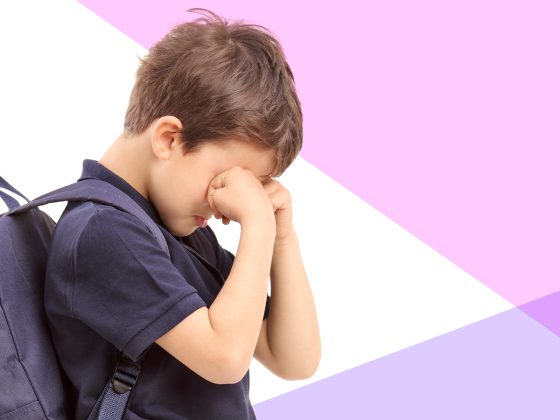
Overcoming Mistakes
Ways to make kids' mistakes less upsetting.
Children may be excited to try many new things, but they can feel disappointed when situations don’t go their way. As kids learn how to control their emotions, making mistakes will be less upsetting.
If you notice kids struggling with mistakes, here are some ways to respond:
- Assure them that mistakes are part of learning, and that everyone makes mistakes—even you!
- Remind kids that the way to get better at something is to practice doing it. Talk about other things they’ve gotten good at because they practiced.
- Give kids a superhero name and let them know they have the power to figure things out. When they get upset about a mistake, say, “This sounds like a job for [child’s superhero name]!”
- When you confront your own mistakes, try to manage your emotions. Let kids hear you say aloud as you solve a problem, “First I’ll do this, then I’ll do…”
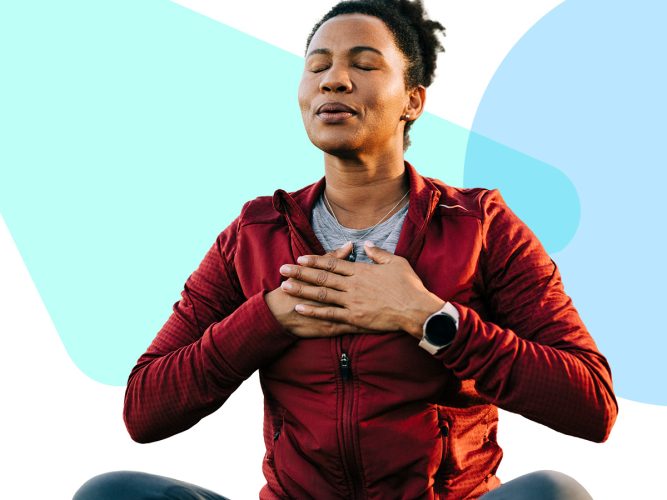
Mindful Caregivers
Practicing mindfulness is a great way to slow down and reset.
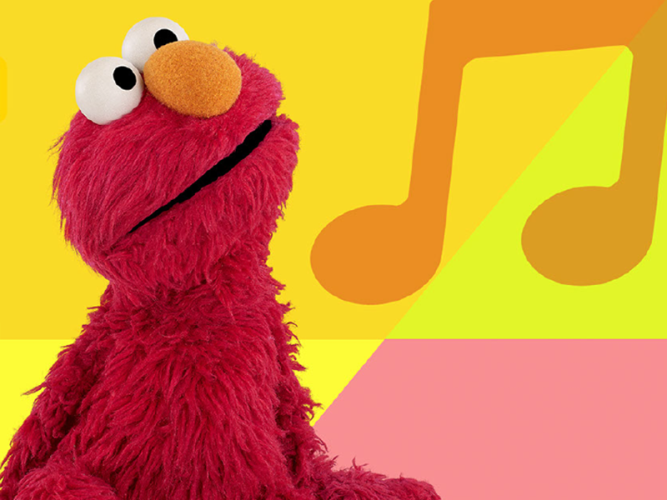
Mindful Monsters: Whole-Body Listening with Elmo
In this podcast, Elmo practices whole-body listening.
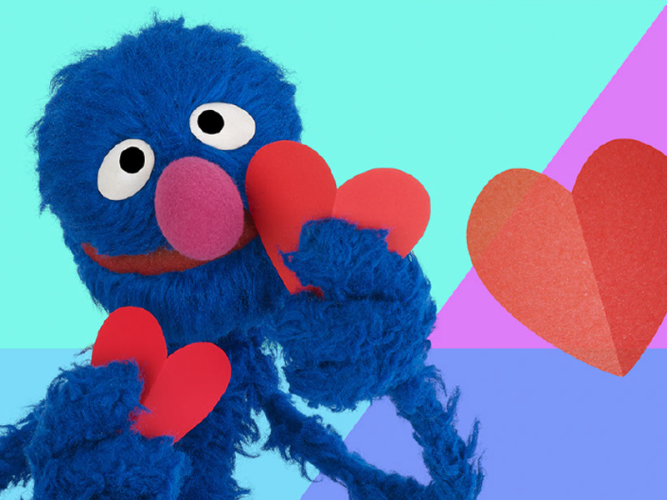
Mindful Monsters: Self-Love Mantras with Grover
In this podcast, Grover shares some mindful mantras.
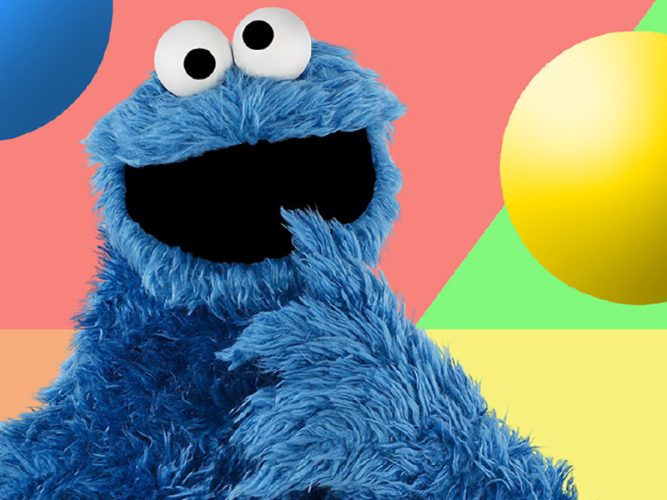
Mindful Monsters: Look and Notice with Cookie Monster
Cookie Monster helps children practice mindfulness by looking and listening carefully to their surroundings.
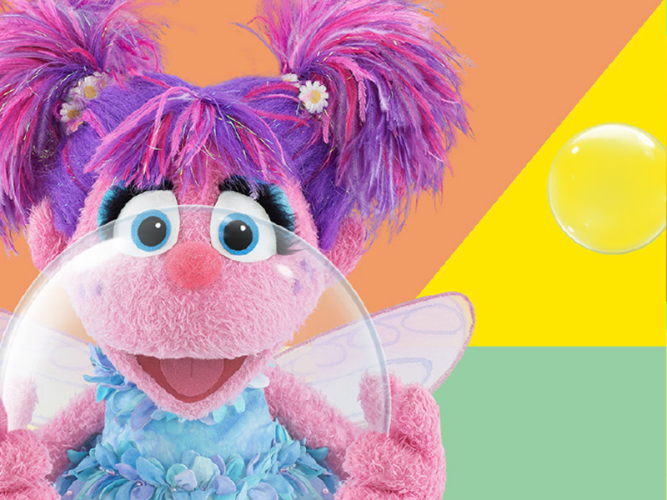
Mindful Monsters: Bubble Breathing with Abby Cadabby
In this podcast, Abby Cadabby guides children through a bubble breathing exercise.
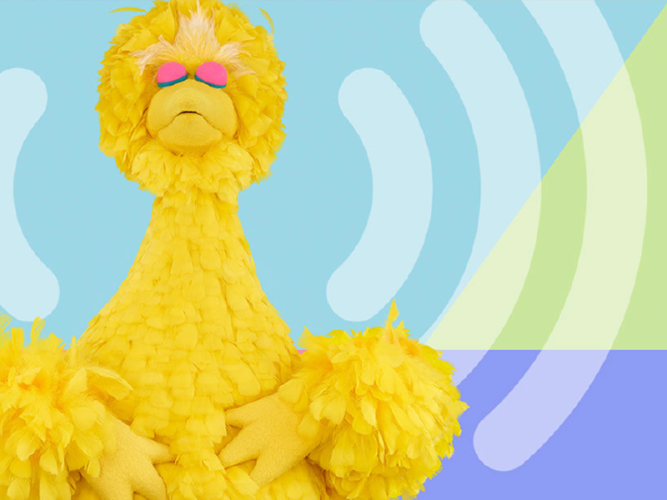
Mindful Monsters: Body Scan with Big Bird
In this podcast, Big Bird guides children through a mindful body scan.
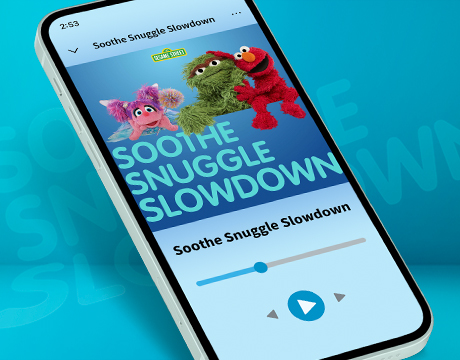
Soothe Snuggle Slowdown: Songs and Strategies for Restful Sleep
This curated playlist helps little ones (and their tired grown-ups) relax and unwind! A mix of mellow tunes sets the mood for naps, bedtime… or just some much needed down time.
